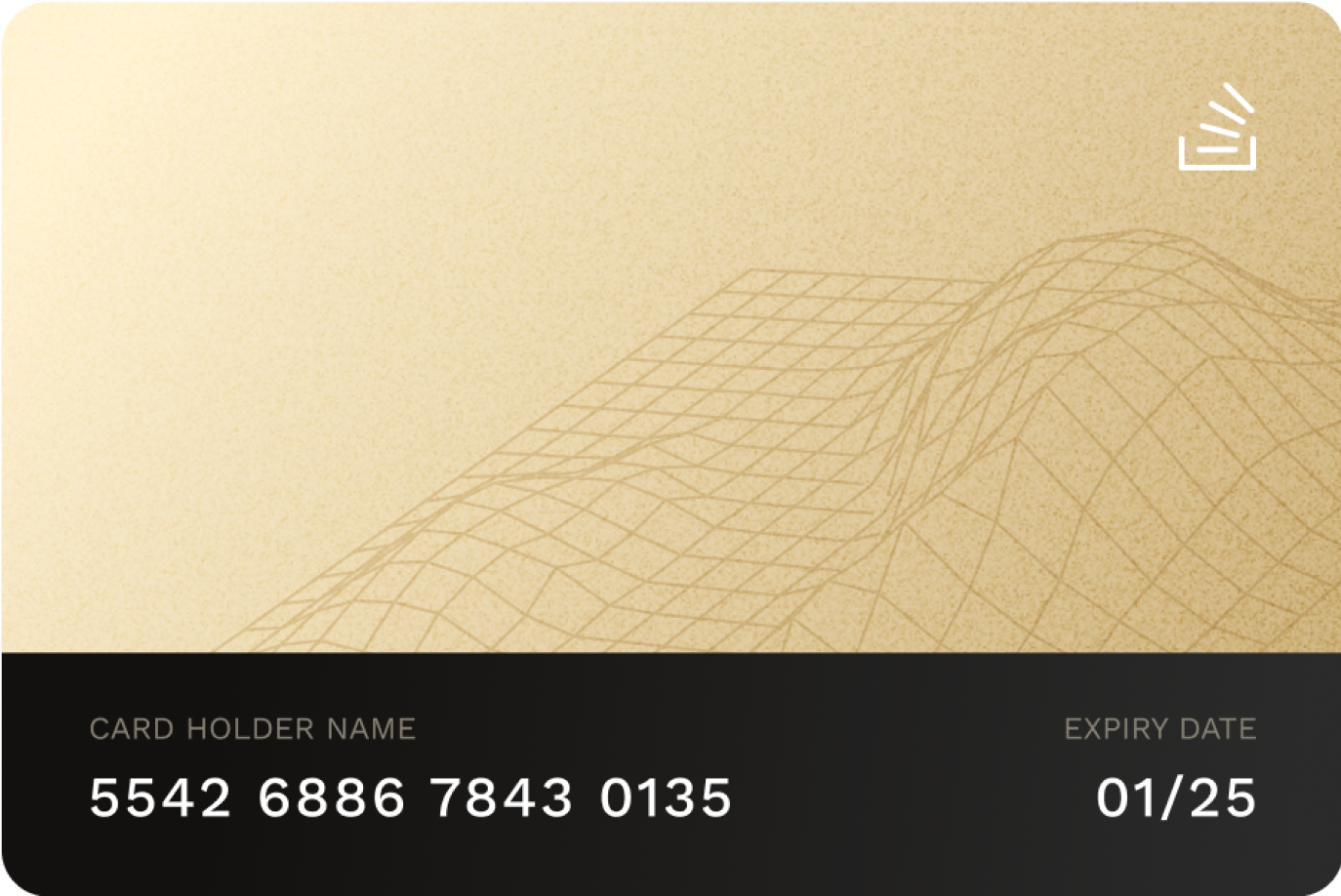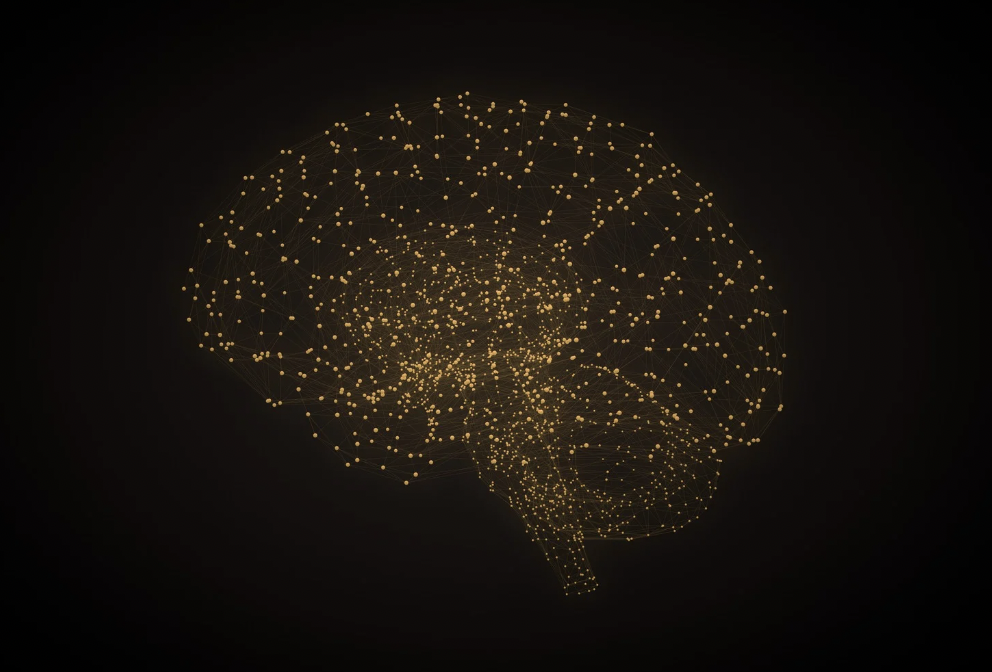
Discover how your brain is aging
Numenor uses advanced MRI and artificial intelligence to calculate your ‘brain age’
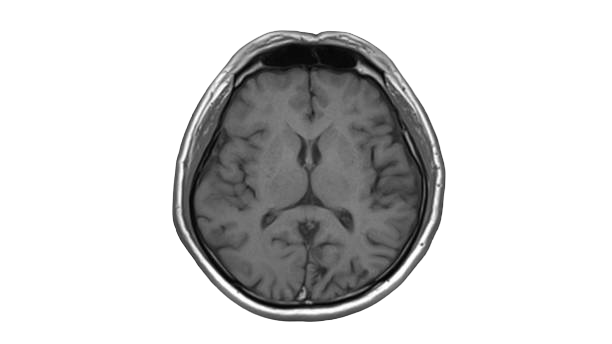
-Photoroom.png)
-Photoroom.png)
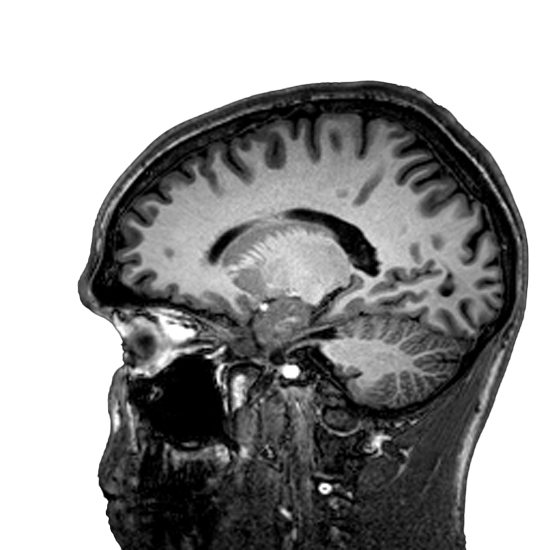

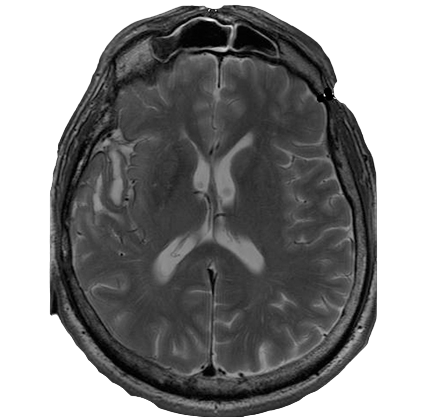
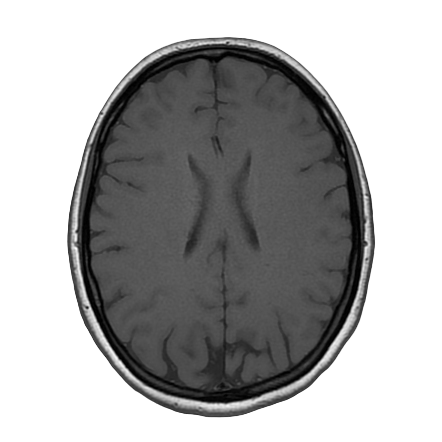

-Photoroom.png)
-Photoroom.png)




-Photoroom.png)
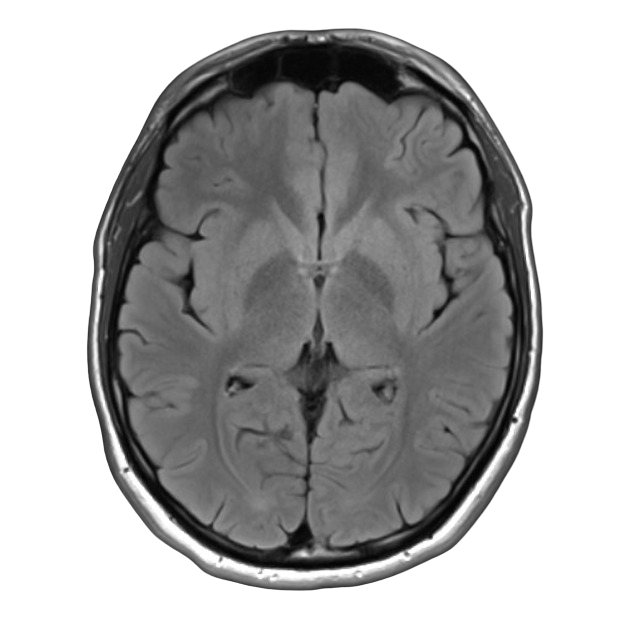

-Photoroom.png)




-Photoroom.png)
-Photoroom.png)




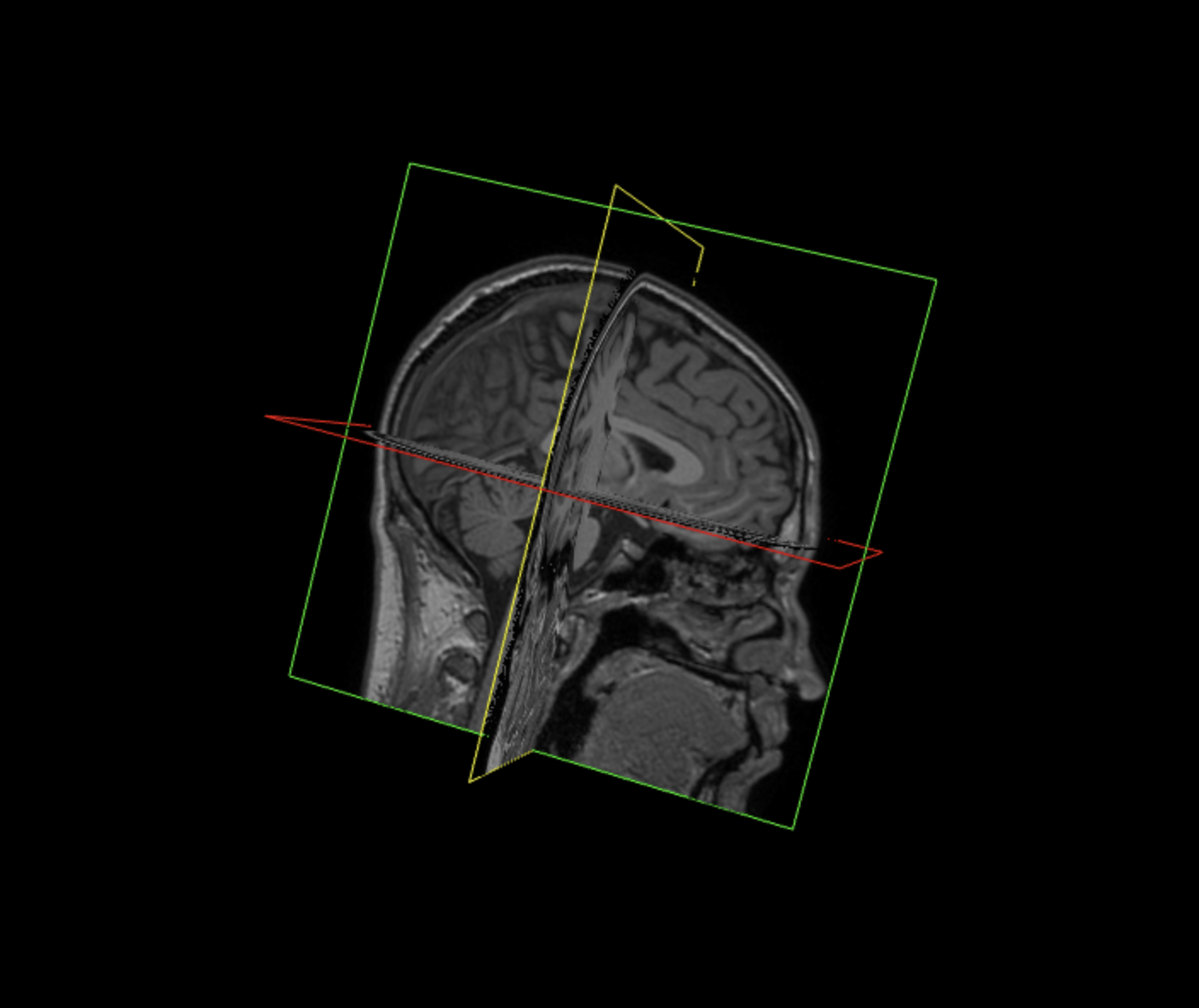
the Alzheimer's at 70, started at 40
Conditions like Alzheimer's can begin decades before symptoms show. Detecting early signs of brain aging can allow you to take steps to prevent cognitive decline and reduce the risk of developing these conditions later on.
Your brain's own personalised report
Gain in-depth insights into your brain health with Numenor's personalised brain age report. It reveals your brain's age and highlights any detected pathologies or areas of concern from the scan. You'll also receive tailored recommendations that can allow you take steps to slow down the ageing process
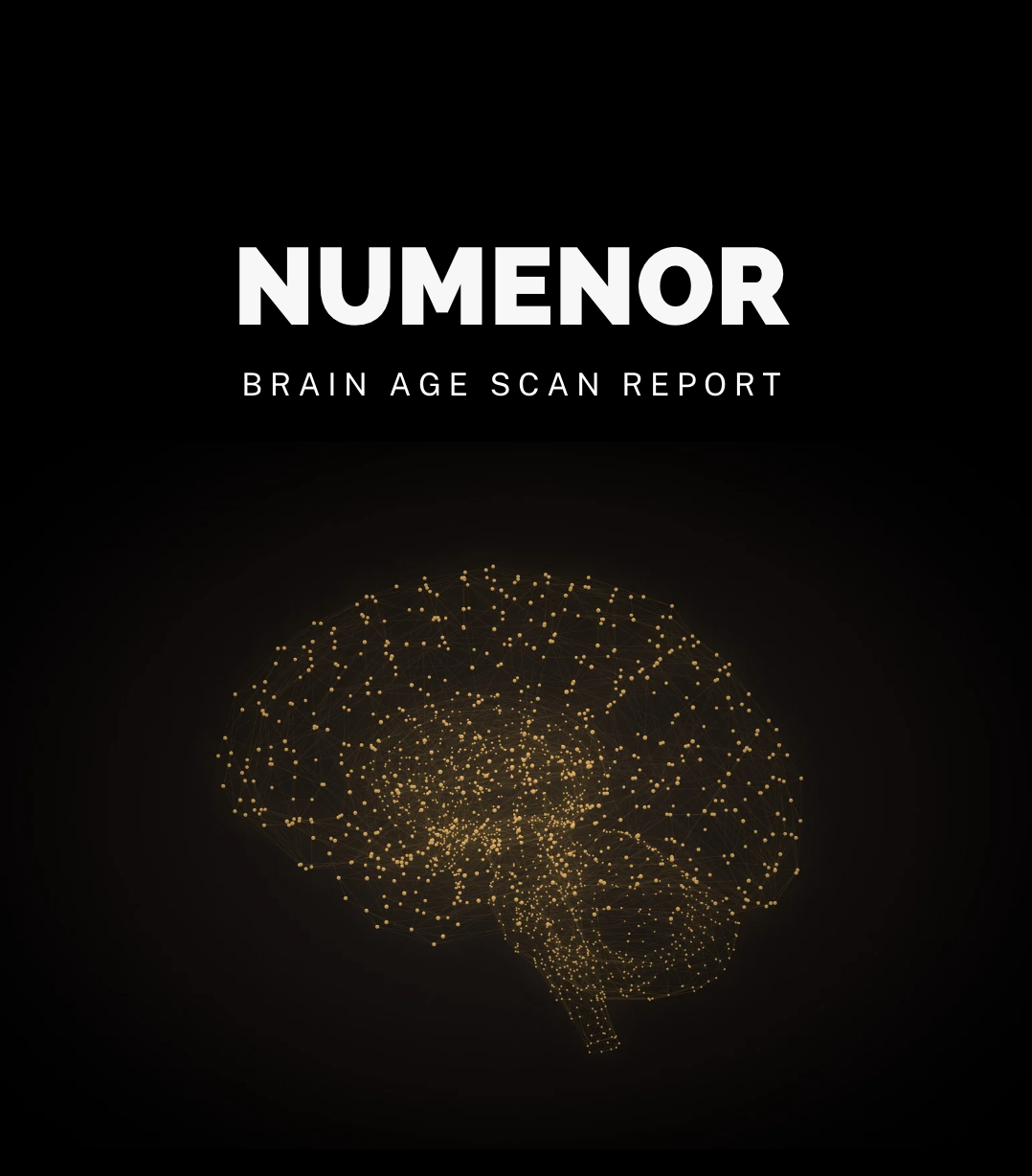

Uncover any ticking time bombs
In addition to calculating your brain's age, the scan will highlight any abnormal growths or structural issues that need addressing

Here's how it works
1
Book your scan
After purchasing the scan, you'll be able to be able to choose your preferred test and date for the scan in London
2
Attend for your scan
The big day! You'll be guided every step of the way by expert MRI technicians. Make sure you leave plenty of time to get the scan done
3
Receive your report
Your scan is analysed by our expert algorithm with doctor input. You'll receive your brain's biological age report which includes a recommended protocol to slow down your brain's ageing
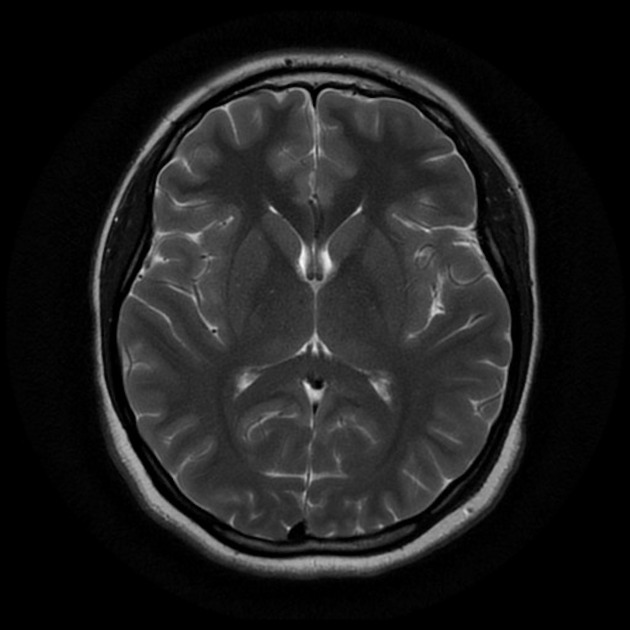
How Numenor calculates your brain age
The scan assesses key structural elements of the brain, such as gray matter volume, white matter integrity, and cortical thickness. These tend to decline with age and can be accelerated by conditions like diabetes, hypertension, and obesity. By comparing your brain’s MRI results to a large database of scans from people across various ages, the algorithm estimates how old your brain appears biologically, regardless of your actual age.
Trusted by leading neurologists
"With MRI scans, we can accurately assess brain age, helping individuals take control of their cognitive wellness. This allows for early identification of risks and empowers people to make informed decisions to improve long-term brain health"
Frequently Asked Questions
Test faq
Test faq
Test faq
Test faq
Test faq
Test faq
Can’t find the answer you’re looking for? Reach out to us



